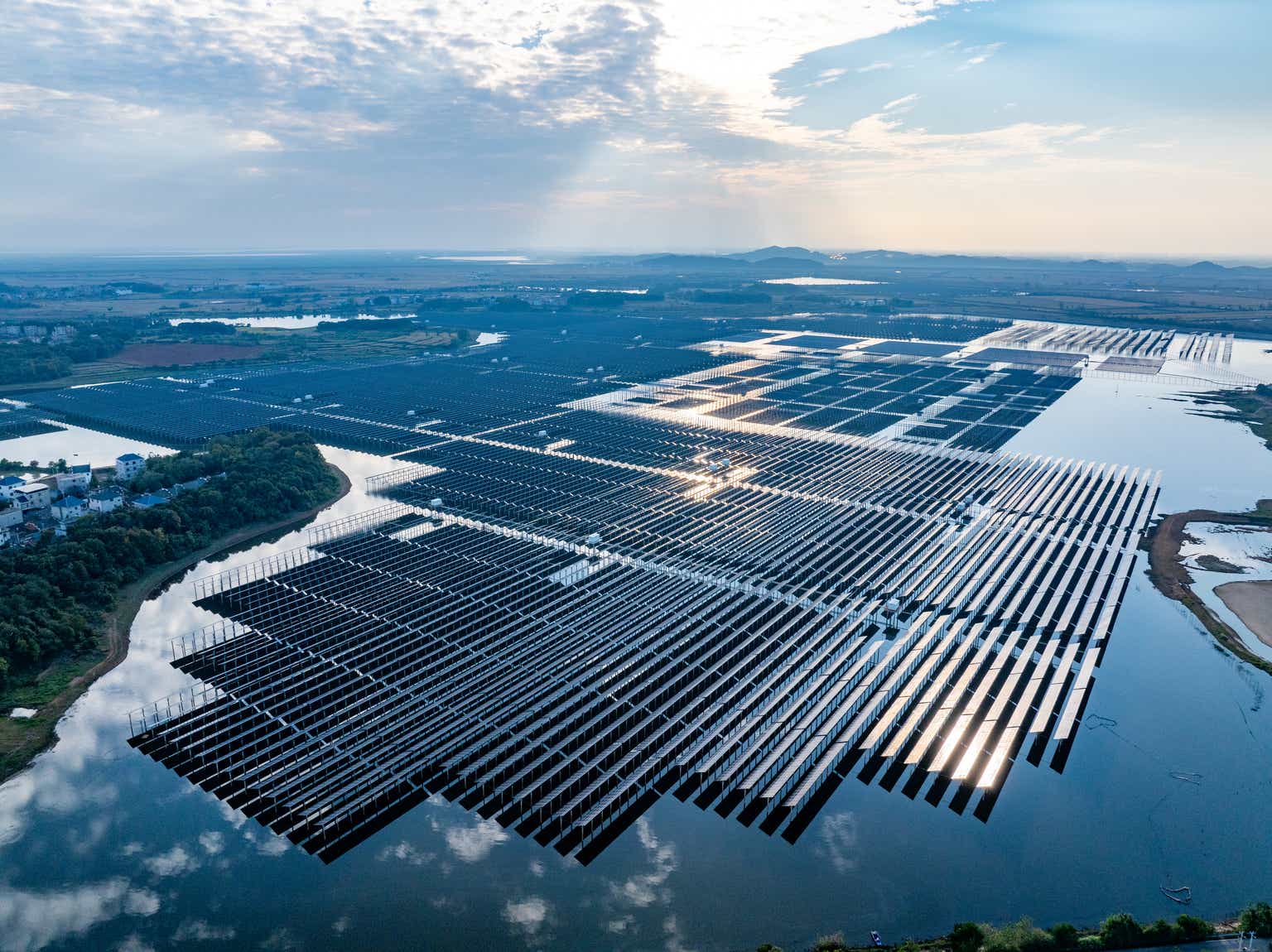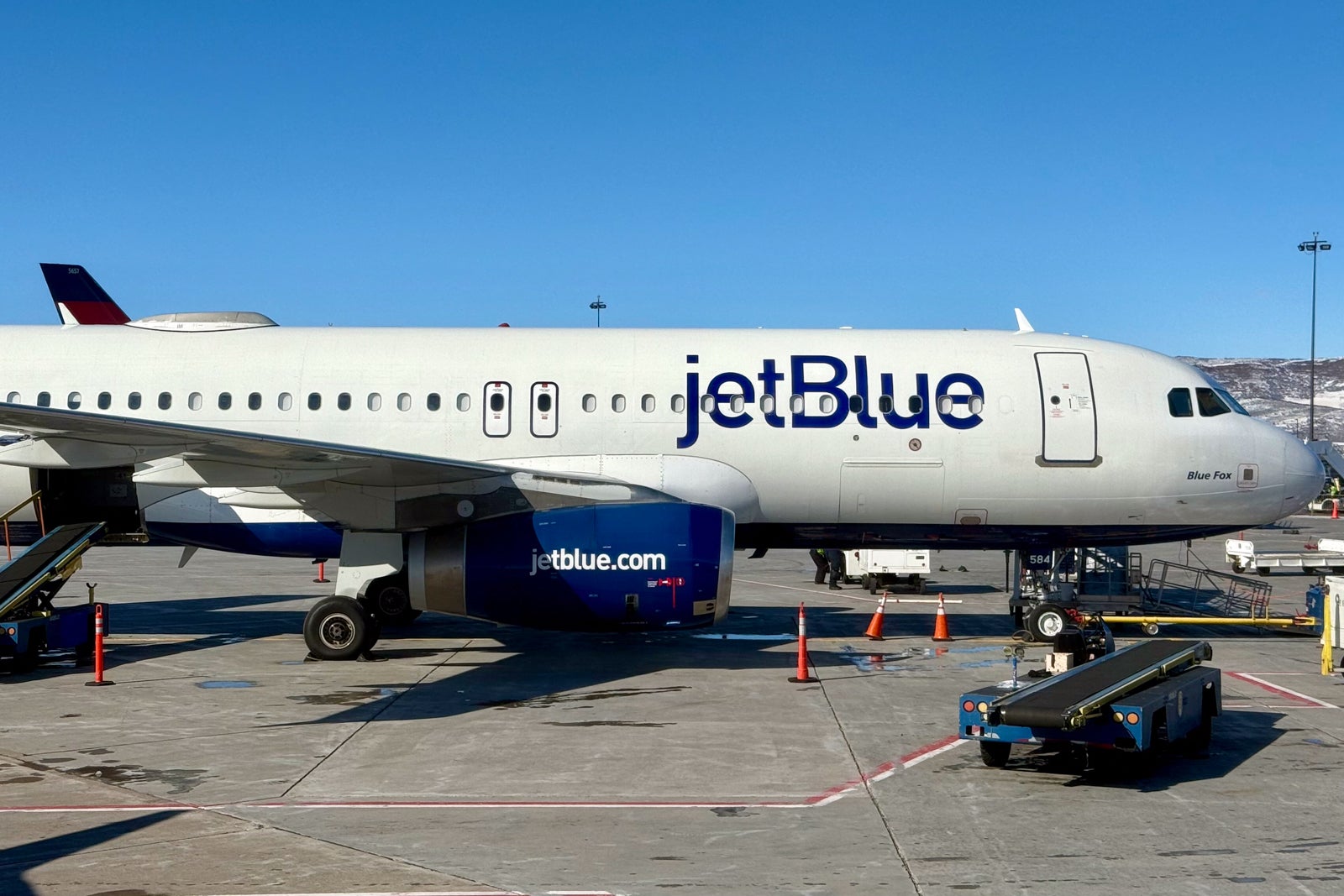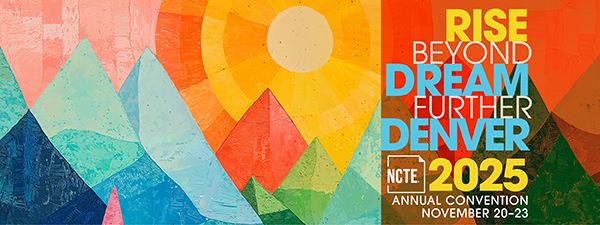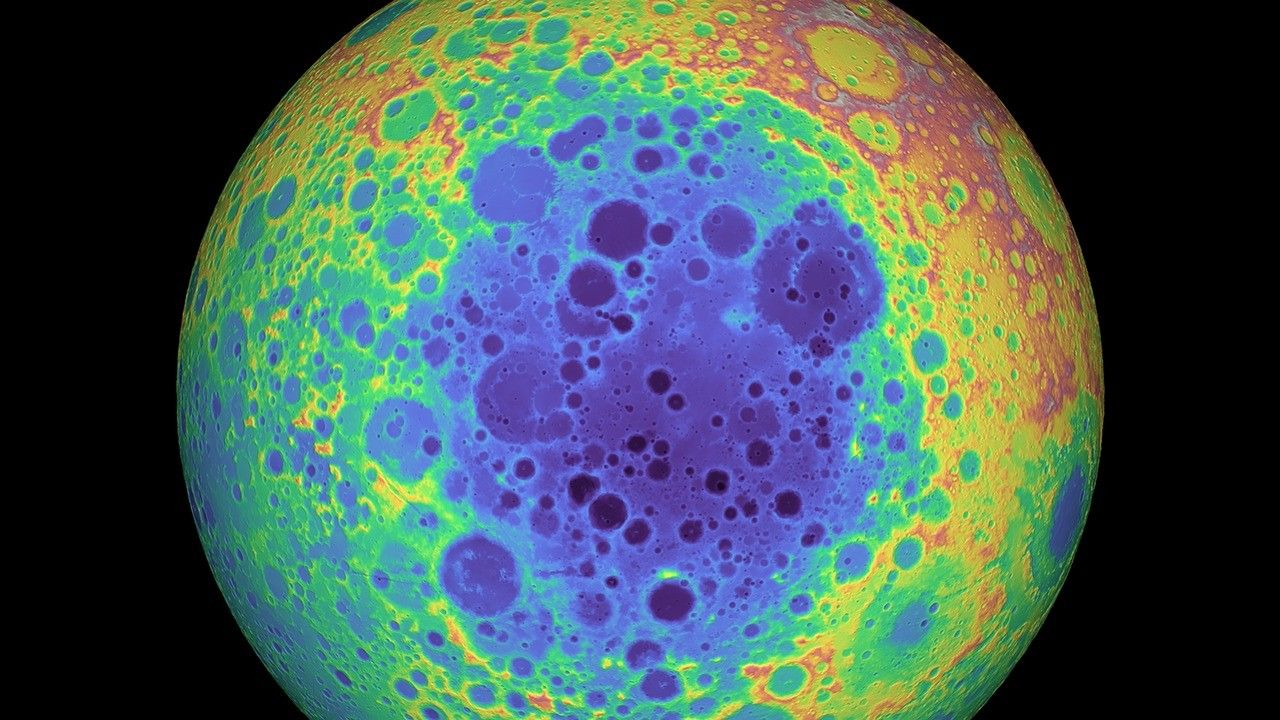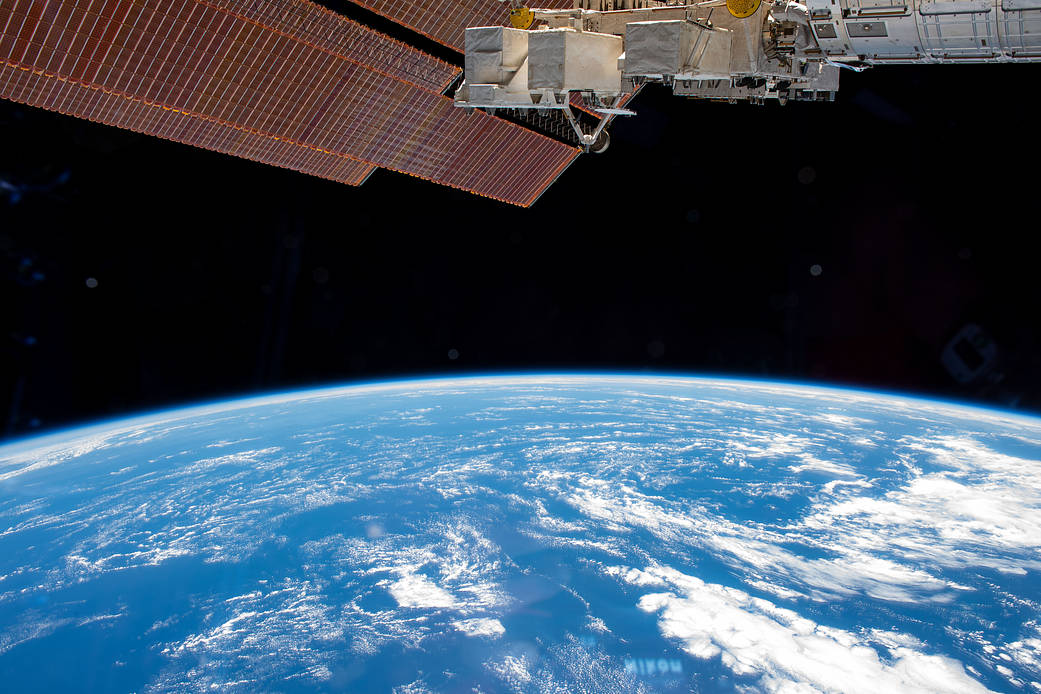Under Trump, America risks a brain-drain
Without consistent funding and a welcoming environment full of potential collaborators, there is a dwindling space here for me and so many immigrants and descendants of immigrants who worked so hard to get to this country.

My grandfather, Samuel Sharp, was a great if imperfect man. Born Jewish in Poland, he — by an enormous stroke of luck — happened to be in Geneva the day the Nazis invaded, narrowly escaping their grasp.
He arrived in America in 1941, one of some 200,000 European refugees seeking safety and opportunity. After serving in the U.S. Army, he joined the Office of Strategic Services, the precursor to the CIA, where he met my grandmother. Together, they dedicated themselves to the Allied victory in World War II.
After the war, his commitment to his adopted nation continued through decades of teaching international relations at American University, where he shaped generations. After his death, the university established the Samuel Sharp Memorial Prize for Creative Work in International Relations. Still awarded to this day, the prize is a testament to his enduring impact.
I never met my grandfather, since he died before I was born. But his legacy fueled my own aspirations to pursue a career in academia, which ultimately led me to Northwestern University, where I have been a professor of civil and environmental engineering since 2016.
I came of age during the race to sequence the human genome. Witnessing the transformative power of the Human Genome Project, I was drawn to molecular biology. My research now focuses on the intricate world of microbes, exploring both the threats posed by everyday chemicals and the potential for revolutionary new drugs and technologies.
I traveled a path paved by the opportunities offered by America. I earned a bachelor’s and a doctorate. In that time, I had incredible chances to explore the world — first as a National Science Foundation-funded intern in Japan and then as a Fulbright scholar in France. Yet, the U.S. always felt like the most natural home for my career. After all, America was the world leader in science and innovation.
But that leadership is now gravely threatened by political decisions made here at home.
This month, the federal government began withholding funds from Northwestern researchers. This attack is not an isolated incident, but the latest in a series of assaults that are forcing me to question my long-held belief in America’s unwavering commitment to scientific progress and innovative leadership.
After joining the faculty at Northwestern, I was honored with an NSF CAREER award, a highly prestigious recognition of leadership potential in scientific research. But in February, the program officer who had guided my application, Karl Rockne, was fired from the NSF — along with thousands of other government employees. Shortly after his firing, Rockne offered this warning to Newsweek, “There is no guarantee that the U.S. will continue to lead in scientific innovation, and without innovation, talent and resources will naturally flow elsewhere.” That statement now feels chillingly prescient.
The first Trump administration’s China Initiative cast a pall over international scientific exchange, creating the perception that the U.S. was no longer a welcoming place for foreign researchers. This and other actions contributed to an outflow of researchers from the U.S., slamming the door to a crucial pipeline of much-needed talent.
Now, the second Trump administration’s approach is akin to opening a firehose of policies detrimental to American science. The past three months have been marked by a crisis. Proposed budget cuts raise the specter of drastically reduced future funding, jeopardizing long-term research projects and the careers of countless scientists. Even before the freezing of existing grants and contracts at Columbia University on March 7, many institutions, including mine, began to curtail admissions. We have now been forced to rescind some of the limited offers we could extend to prospective students.
The impact on our campuses is profound. Graduating students are actively considering opportunities abroad — or even abandoning scientific careers altogether. Those still pursuing their degrees are hedging bets, scrambling to fulfill their remaining requirements in case their projects get abruptly canceled or, for international students, facing the ever-present threat of deportation.
The extremely aggressive actions against students, prestigious universities and the Americans who defend them are sounding alarm bells across the scientific community and to anyone who will pay attention. Indeed, those with means — and not just academics — are exploring citizenship elsewhere, a stark indicator of declining trust in America’s stability and future.
My grandfather Sam understood the dangers of political upheaval. I’m told he had an eerie ability to recognize these kinds dark shifts in the world. After all, he was someone who was shaped by them.
Could he have imagined an America that undermines its own intellectual engine, alienating the very talent that has historically driven its success? Where would the Sams of today — those seeking refuge and the chance to contribute their intellect — find a foothold?
Without consistent funding and a welcoming environment full of potential collaborators, there is a dwindling space here for me and so many immigrants and descendants of immigrants who worked so hard to get to this country. We have all poured our energy and intellect into building this nation. If we are forced to leave, the loss will be immeasurable — diminishing the intellectual capital, scientific leadership and innovative spirit that has long defined America.
Erica Hartmann is an associate professor of civil and environmental engineering at Northwestern University, where she studies microbial communities within the built environment.






